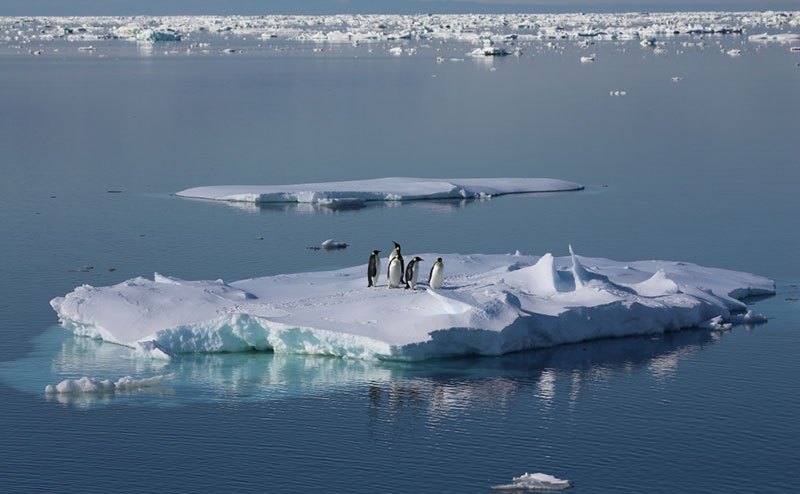Questo sito web utilizza i cookie per potervi offrire la migliore esperienza d'uso possibile. Le informazioni contenute nei cookie vengono memorizzate nel browser dell'utente e svolgono funzioni quali il riconoscimento dell'utente quando torna sul nostro sito web e l'aiuto al nostro team per capire quali sezioni del sito web sono più interessanti e utili per l'utente.

Project description
The Southern Ocean regulates the global climate by controlling heat and carbon exchanges between the atmosphere and the ocean. It is responsible for about 60-90% of the excess heat (i.e. associated with anthropogenic climate change) absorbed by the World Oceans each year, and is also recognised to largely control decadal scale variability of Earth carbon budget, with key implications for decision makers and regular global stocktake agreed as part of the Paris agreement. Despite such pivotal climate importance, its representation in global climate model represents one of the main weaknesses of climate simulation and projection because too little is known about the underlying processes. Limitations come both from the lack of observations in this extreme environment and its inherent sensitivity to intermittent small-scale processes that are not captured in current Earth system models.
To contribute to reducing uncertainties in climate change predictions, 16 institutions decided to pool expertise in a common initiative and submit in August 2018 a proposal to the call LC-CLA-08-2018 “Addressing knowledge gaps in climate science, in support of IPCC reports” as part of the European Union’s Horizon 2020 research and innovation programme. This proposal received funding from the programme and is starting on November 1, 2019 for 4 years. The SO-CHIC (Southern Ocean – Carbon and Heat Impact on Climate) project is born.
